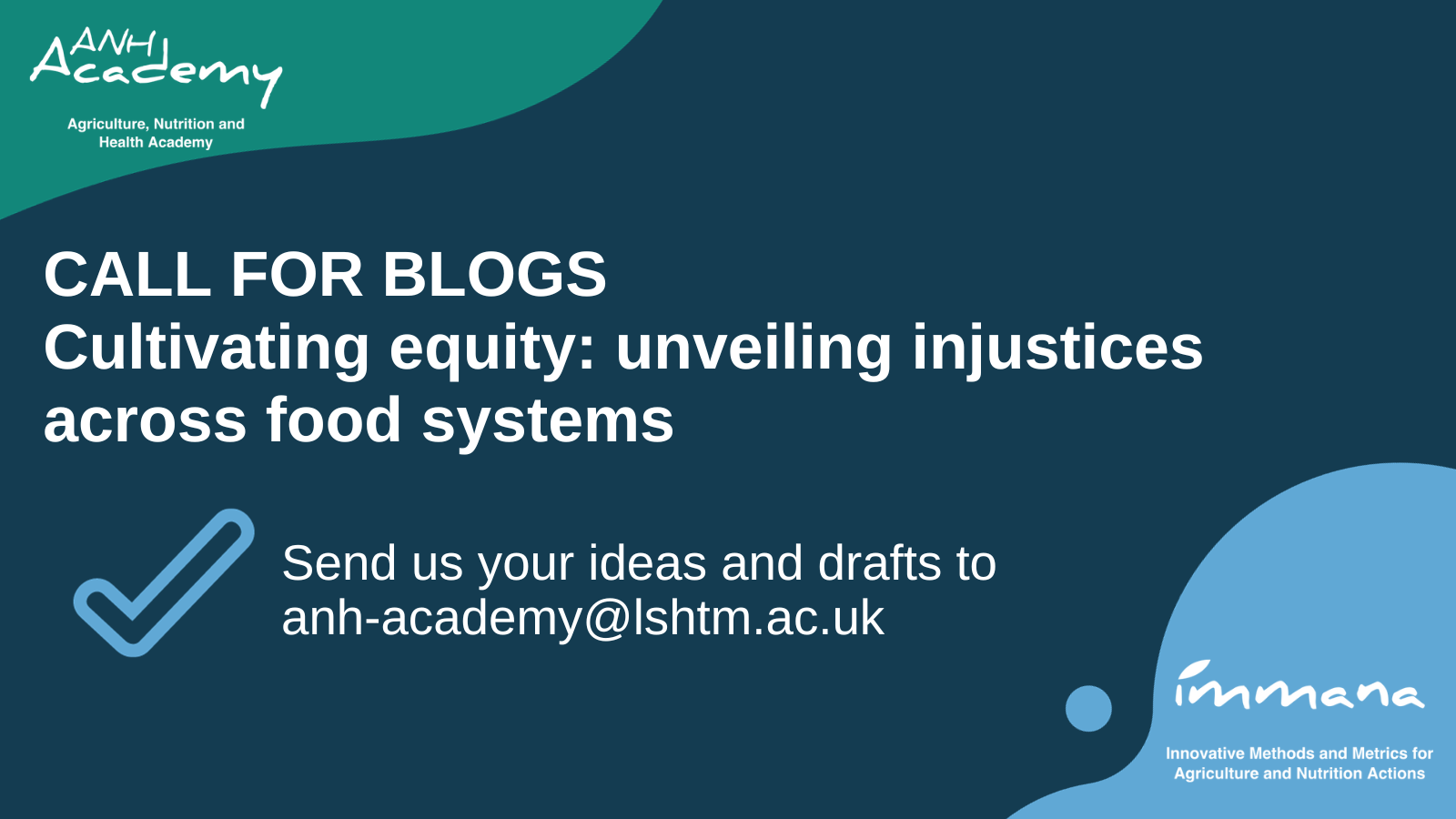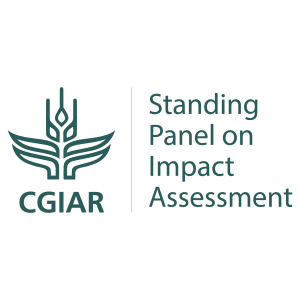On 8 March 2018, IMMANA joins in the celebration of International Women’s Day.
We are proud to be working with many inspiring women who lead or collaborate on IMMANA-funded Grants and Fellowships. These women are pushing the frontiers of science around agriculture, nutrition and health, to inform policy-making and development practice to benefit the poorest people of the world, many of whom are women.
Several IMMANA projects have a particular focus on women and their place at the interplay of agriculture, nutrition and health.
 A project led by Emory University investigates women’s empowerment in livestock-focused agriculture. Working in Tanzania, Ethiopia and Uganda, the research team are developing new metrics for women’s empowerment and animal source foods intakes that are sensitive to maternal and child nutrition.
A project led by Emory University investigates women’s empowerment in livestock-focused agriculture. Working in Tanzania, Ethiopia and Uganda, the research team are developing new metrics for women’s empowerment and animal source foods intakes that are sensitive to maternal and child nutrition.
Watch a webinar ‘Women's nutrition through an empowerment lens’
The WENI project led by Indira Gandhi Institute of Development Research and University of Texas Austin aims to measure nutritional empowerment to better link agriculture to nutrition. The team are developing a new index, the Women’s Empowerment in Nutrition Index (WENI), a robust metric that will aggregate factors that reflect nutritional empowerment across rural agricultural contexts.
Read the WENI blog series on women’s empowerment
Women’s time is the topic of study by IMMANA Fellow Cynthia Matare. Read Cynthia’s blog to find out how measuring women’s time can be used to improve the implementation of nutrition programmes.
IMMANA Fellow Taddese Alemu Zerfu is exploring dietary factors in maternal anaemia and pregnancy outcomes in rural Ethiopia.
A range of other IMMANA projects are including women’s roles and gender dynamics in their work as an important variable.
The International Center for Tropical Agriculture (CIAT) is leading the His and Hers project to examine how intra-household dynamics impacts nutrition in agricultural households. The researchers are studying nutrition as the result of choices taken within the farm-household as a system, rather than at the individual level, in particular looking at women’s and men’s time use and its effect on nutrition.
Similarly, the University of Reading is looking at intra-household gender dynamics when developing new tools to measure energy expenditure through the use of innovative accelerometry devices.
Read the project lead’s blog on how energy expenditure trackers are used.




